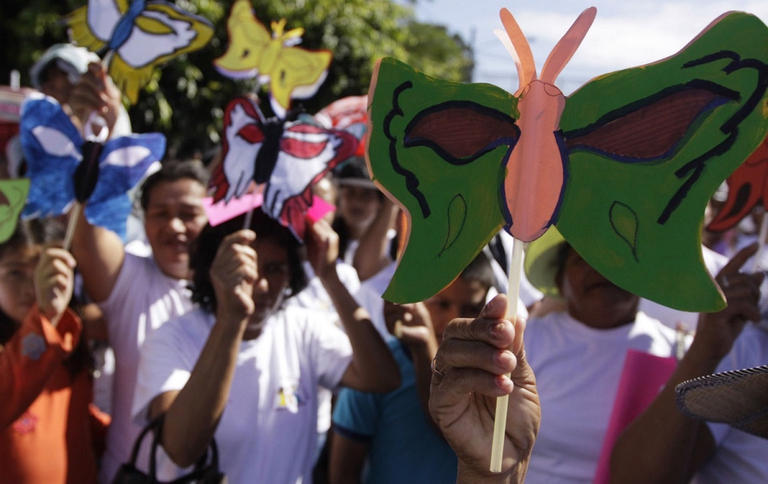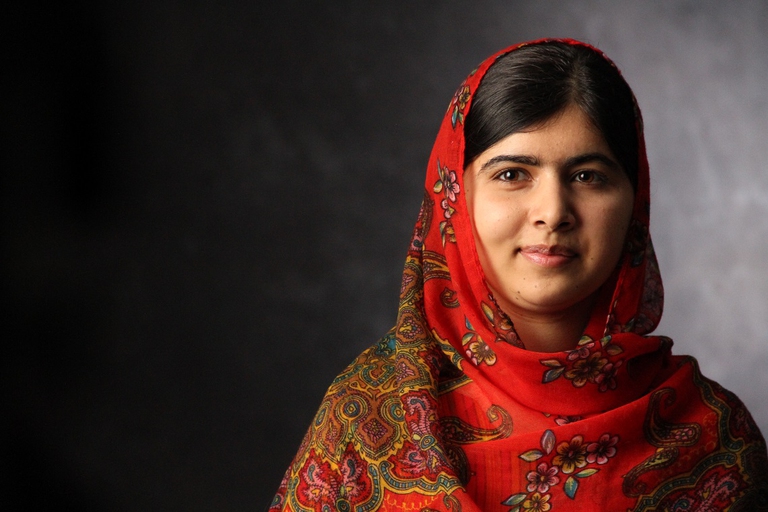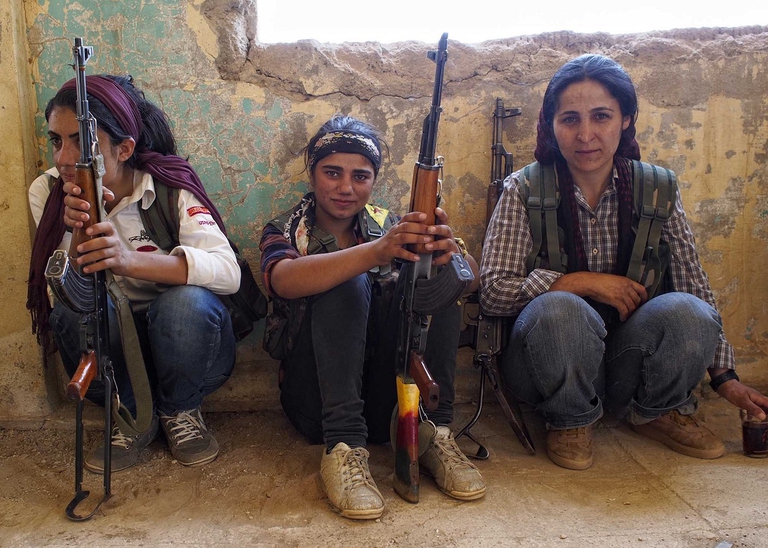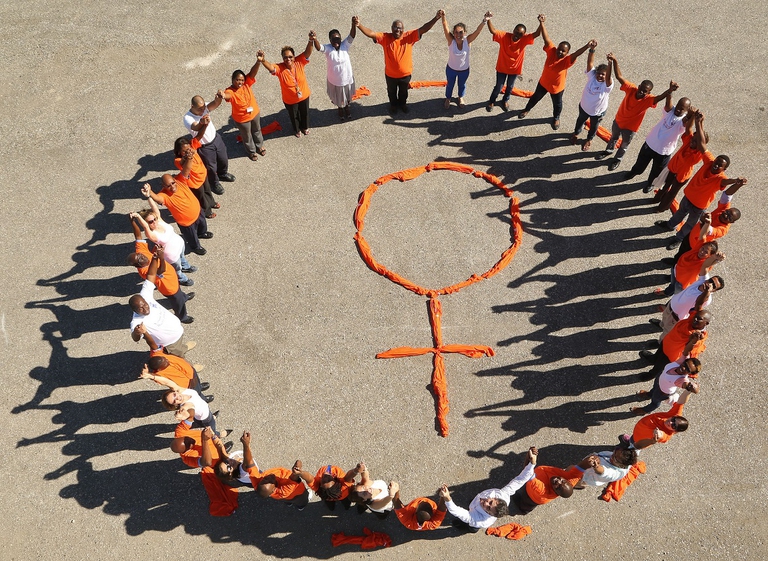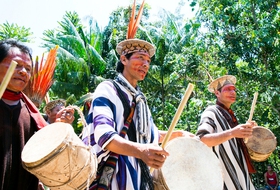
Denis Mukwege, who was awarded the Nobel Peace Prize in 2018, is known as the “doctor who mends women” because in his hospital in Africa he healed thousands of rape victims, in their body and soul. We interviewed him in Milan.
L’obiettivo della giornata è quello di contrastare una piaga che affligge ancora il 35 per cento delle donne nel mondo. Sono però numerosi gli esempi di donne che si oppongono alla violenza e lottano per la libertà.
According to the United Nations, violence against women means “any act of gender-based violence that results in, or is likely to result in, physical, sexual or psychological harm or suffering to women, including threats of such acts, coercion or arbitrary deprivation of liberty, whether occurring in public or in private life”.
Globally, 1 woman out of 3 has experienced some form of physical, psychological or sexual violence. In some countries, this dramatic figure increases, involving 7 women out of 10. Violence against women is one of the most spread human rights violations, and affects women of any age, ethnic group, culture, and social class. An estimated 133 million girls and women have experienced some form of female genital mutilation, whilst more than 700 million women alive today were married as children, 250 million of whom were married before the age of 15.
The International Day for the Elimination of Violence against Women is celebrated on 25 November and was established by the United Nations. The day recalls 25 November 1960, when three activists of the Dominican Republic, the Mirabal sisters, were raped and killed by men of the Dominican army under the Rafael Trujillo’s dictatorship.
“Everyone has a responsibility to prevent and end violence against women and girls, starting by challenging the culture of discrimination that allows it to continue,” said United Nations Secretary General Ban Ki-moon.
Once more, education plays a crucial role in challenging such social scourge. It is necessary that children are taught to the respect for women (or even better, for all living creatures), and girls need to be educated in order to become models in their communities.
“Strong and resourceful women are crucial models in the elimination of violence against women,” said Michelle Bachelet, Under-Secretary-General and Executive Director of UN Women, the United Nations Entity for Gender Equality and the Empowerment of Women.
Among them, Malala Yousafzai, Pakistan young woman awarded the 2014 Nobel Peace Prize for her efforts against children oppression in favour of their right to education.
Yousafzai, who survived a Taliban bullet in 2012 while she was getting on her school bus, is the clear demonstration that improving girls’ conditions is possible, in Pakistan and all over the world. “Weapons kill terrorists, education kills terrorism,” she said.
Another example of women challenging violence is that of Syrian Kurdish women who fight against Isis and Assad’s regime, in order to protect Kurdistan’s independency. “Before Kobane, people didn’t believe in women,” said Pervin Agri, 20, member of the Women’s Protection Unit of Kobane. “We used to think we were useless in the war against Isis. But we are winning. Women fight and protect. Women will give life to a new generation of Rojava”.
The UN Women has launched the “Orange the World” initiative by inviting people to wear orange clothes throughout 16 days, from 25 November to 10 December. Orange has been chosen as symbol of a future where women won’t fear violence in their own homes, when walking down the streets or while surfing the internet.
The United Nations encourages countries to use orange in their cities, neighbourhoods, shops and companies, and citizens to share “orange” photos and videos on social networks with the hashtag #orangetheworld.
Siamo anche su WhatsApp. Segui il canale ufficiale LifeGate per restare aggiornata, aggiornato sulle ultime notizie e sulle nostre attività.
![]()
Quest'opera è distribuita con Licenza Creative Commons Attribuzione - Non commerciale - Non opere derivate 4.0 Internazionale.
Denis Mukwege, who was awarded the Nobel Peace Prize in 2018, is known as the “doctor who mends women” because in his hospital in Africa he healed thousands of rape victims, in their body and soul. We interviewed him in Milan.
Denis Mukwege received the 2018 Nobel Peace Prize seventy years after the Universal Declaration of Human Rights was adopted. While taking care of women who had been raped by Congolese soldiers, he saw atrocities he doesn’t want to hide.
La giornata dell’Onu rimarca l’importanza della Dichiarazione universale dei diritti umani celebrando e promuovendo tali diritti.
Costa Rica celebrated its first same-sex marriage when two women, Alexandra Quiros and Dunia Araya, celebrated their wedding: an “extraordinary moment”.
On top of a 2.4 million dollar compensation, the indigenous Ashaninka people will receive an official apology from the companies who deforested their lands in the 1980s.
From Italy to the United States, workers in the logistics and delivery sectors are protesting to demand better sanitary conditions to protect themselves from Covid-19.
The pandemic and its restrictions are affecting everyone, without exceptions. However factors like housing, income inequalities, gender, access to technology and working conditions are influencing how people experience the health crisis.
In the midst of India’s coronavirus lockdown, two dozen people lost their lives in a desperate bid to return home: migrant labourers forced to leave the cities where they worked once starvation began knocking at their doors.
Apple, Dell, Microsoft and Tesla are among the tech companies named in a lawsuit brought in the US by the families of children killed and maimed in cobalt mining activities in the Democratic Republic of Congo.
